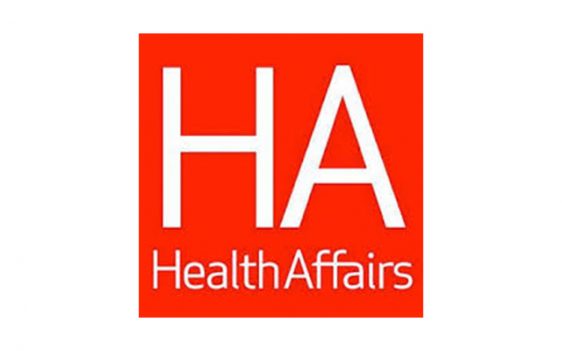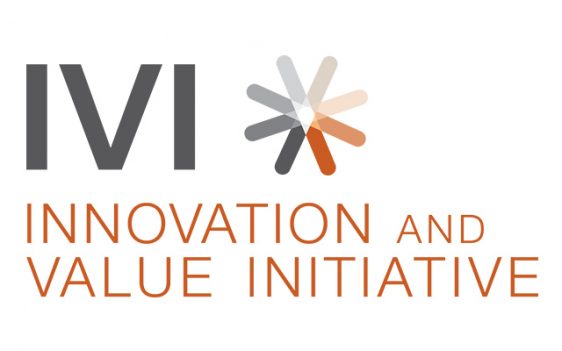Assessments of the medical and economic value of therapies in diseases such as cancer traditionally focus on average or median gains in patients’ survival. This focus ignores the value that patients may place on a therapy with a wider “spread” of outcomes that offer the potential of a longer period of survival. We call such treatments “hopeful gambles” and contrast them with “safe bets” that offer similar average survival but less chance of a large gain. Real-world therapy options do not have these stylized forms, but they can differ in the spread of survival gains that patients face. We found that 77 percent of surveyed cancer patients with melanoma, breast cancer, or other kinds of solid tumors preferred hopeful gambles to safe bets. This suggests that current technology assessments, which often determine access to such cancer therapies, may be missing an important source of value to patients and should either incorporate hope into the value of therapies or set a higher threshold for an acceptable cost-effectiveness ratio in the end-of-life context.
Source: Health Affairs



